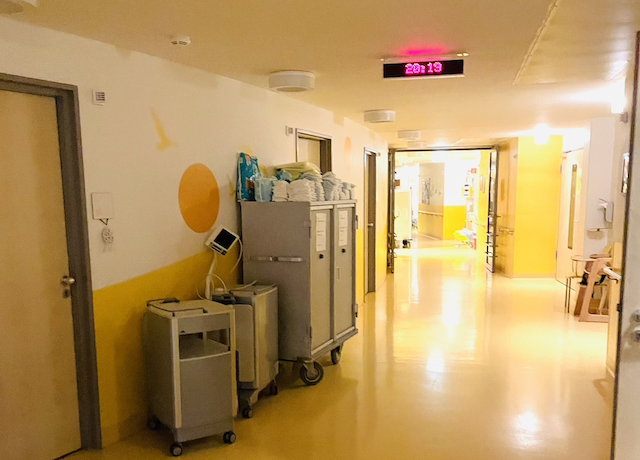Enhancing Patient Safety by Amplifying Women's Voices: A Close Look at Maternity Care in Germany
Germany faces challenges in maternity care with outdated guidelines and overburdened facilities. The Deutscher Hebammenverband highlights the need to listen to women for better patient safety.
In the rapidly evolving domain of patient safety, there's a domain that requires particular attention: women's health. Specifically, the care provided during pregnancy, childbirth, and the postpartum period, also known as maternity care. As elucidated by the Deutscher Hebammenverband's recent statement, there are critical areas of concern that need immediate addressal in this sector, especially in Germany.
Midwives, as skilled health professionals, play a central role in ensuring that maternal health is prioritized, and the quality of care received by women during pregnancy, childbirth, and the postpartum phase is of the highest standard. The statement by Ulrike Geppert-Orthofer, the President of Deutscher Hebammenverband, has highlighted several issues faced by women today.
 Photo by Wesley Tingey
Photo by Wesley Tingey
The freedom to choose one's birthplace, as Geppert-Orthofer points out, is not truly an option for many women. The accessibility to quality care during and post-pregnancy remains a hurdle for several, despite it being a fundamental right.
Additionally, outdated guidelines concerning maternity care, overburdened hospital wards, insufficient staffing, misaligned incentives, and even hospital closures play a role in compromising the quality of care. Long travel times to access birthing facilities and alarmingly high rates of Caesarean section deliveries indicate a care system that might not always prioritize the safety and choice of the mother and child.
Such systemic challenges could lead to adverse outcomes, with many women recounting traumatic birthing experiences. This, in turn, has a cascading effect, leading to healthcare professionals, including midwives and physicians, opting out of their professions due to disillusionment.
The Path Forward: Recommendations for Improvement
The Deutscher Hebammenverband has presented clear recommendations to address these challenges:
Introduce Clear Quality Guidelines: These guidelines should not just focus on surgical interventions like C-sections but should prioritize and reward the close monitoring of natural childbirth processes.
Allocating Adequate Resources: It's essential for medical facilities to have the necessary resources, both in terms of equipment and personnel. A one-to-one care ratio during childbirth should be the gold standard to ensure the safety and comfort of both mother and child.
Standardize Post-Birth Conversations: Currently, post-birth discussions aren't standardized in Germany. Instituting such standards would ensure that women's experiences and needs are captured systematically, leading to a feedback loop that can enhance future care.
The Underlying Message: Listening to Women
While the aforementioned strategies are vital, the underlying message remains - it's crucial to listen to the women at the heart of the issue. Their experiences, challenges, and insights can pave the way for a more patient-centric approach, thereby enhancing patient safety.
Germany stands at a pivotal juncture. With the insights provided by associations like the Deutscher Hebammenverband, there's an opportunity to lead the way in patient-centric maternity care, where the voices of women are not just heard but amplified.
Source/ Reference: Deutscher Hebammenverband e.V. (DHV)





